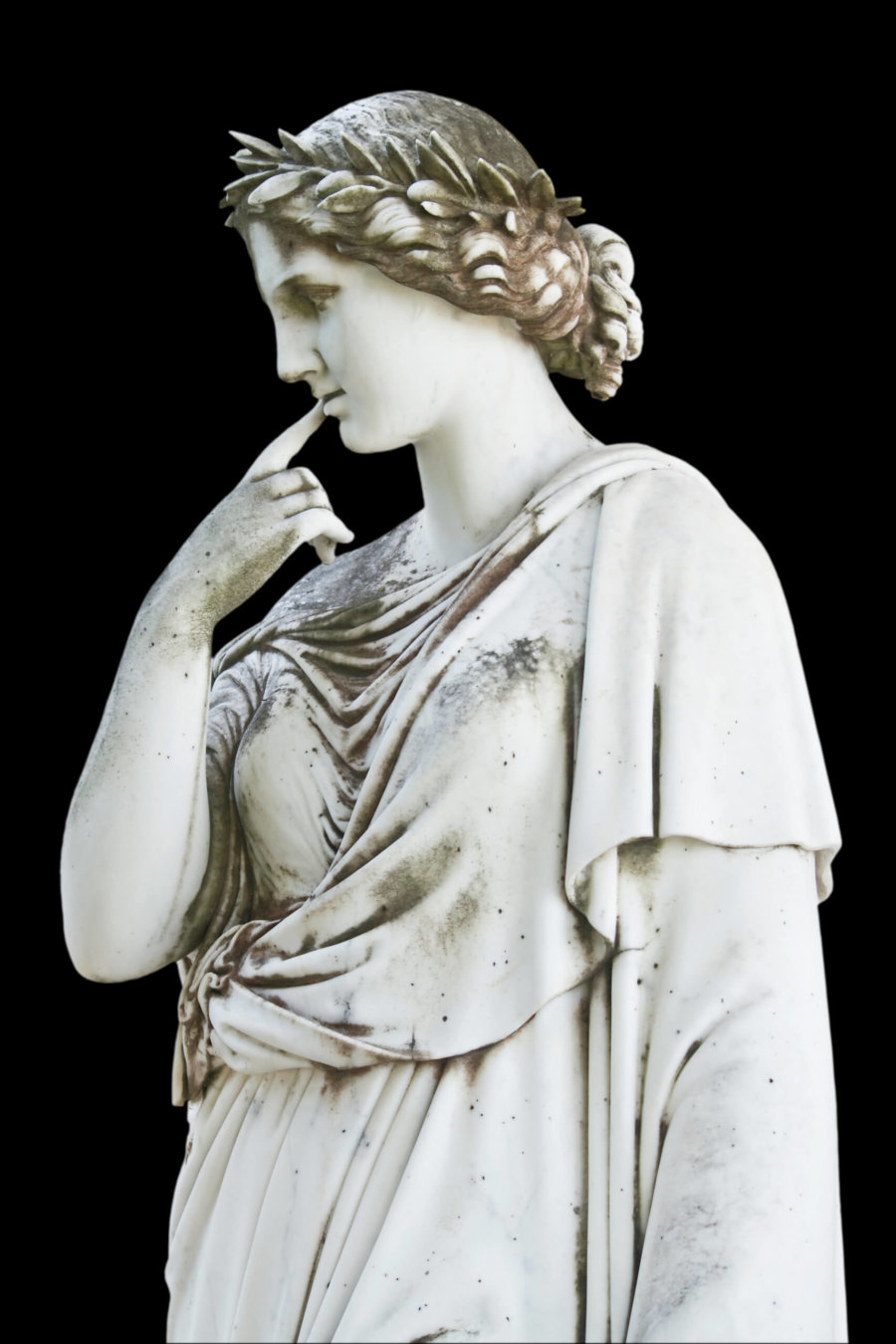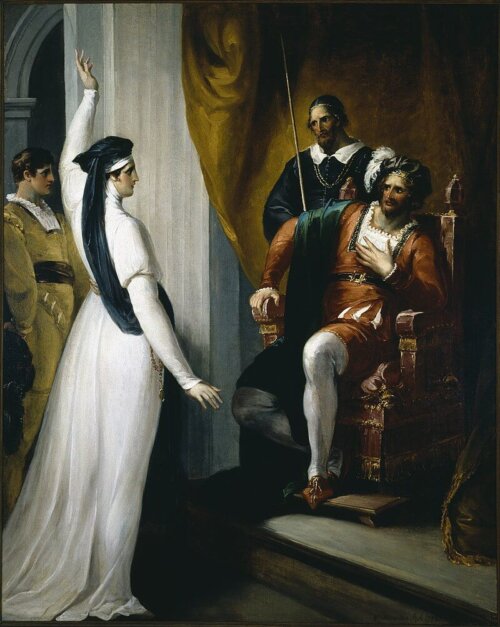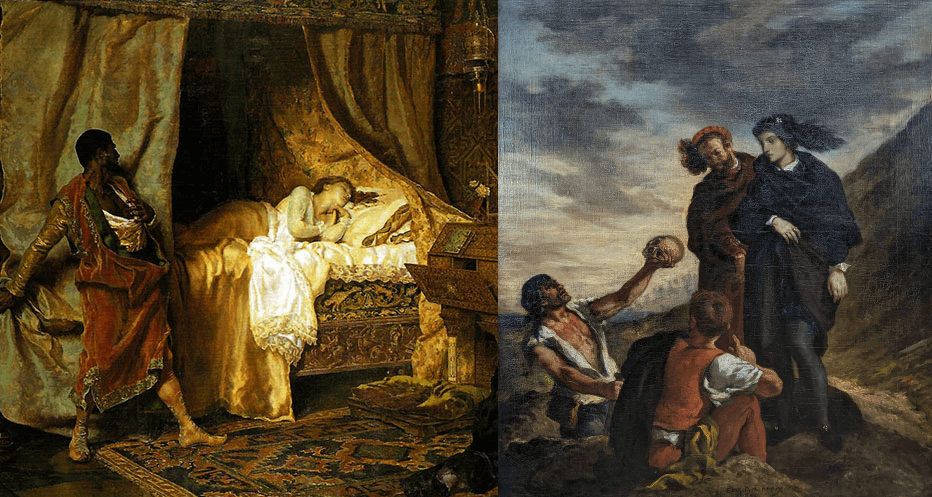Essays on Writing In The Between: Poetry As The Key to Education (Essay XIII)

Essay XIII: The School of Poetry and a Modest Proposal
Finishing a poem is different from starting one. Once started in the givens of a situation or “between” a certain process takes hold. The equivocity of words in the universal impermanence is not chaotic but dynamic. The narrative of the tradition sorts the step-by-step progress toward an entropic end where the voice or self of the poem faces a transformational moment into an imaginative point of view, call it the voice of the poem not the poet. Thus the rich variety of concepts such as Sir Philip Sidney’s ”Defense of Poetry” (before 1583) which worked out certain implications of Aristotle’s idea that poetry is more effective than philosophy or history. John Keats, struggling with the tensions between truth and imagination, discovered “Negative Capability, that is when man is capable of living in uncertainties, Mysteries, doubts, without any irritable reaching after fact & reason” (1817).
So the “self” became the issue in thinking about poetry, but it had always been a structural universal in the practice of the form. While Plato’s attack on poetry in The Republic remains a lively influence on the practice, more deeply persuasive is the ‘way’ poems embody the warp and woof of understanding. Lu Chi brings his long section on revision to a close this way: “Yesterday’s buds / are this morning’s blossoms / we draw with a brush on silk. // Every eye knows a pattern, / every ear hears distant music.” This captures the sense of an overwhelming and open ended happening at the finish. The concept of the poet’s voice has been transformed.
As the poem draws its initial energies from the givens of the poet’s situation, it connects with a nameless sense of the fact of existence, the promise of being. So poetry is from the get-go MORE philosophical than history, MORE than an act of self-expression. The poem must deal with the excesses of words and finally the limits of the poet’s skill. Only then can the poem amplify “the distant music” of the “other” of the poet. I apologize for the open-endedness of this “other,” but it must be acknowledged.
Alice Oswald, who reached a kind of poet’s public zenith in delivering the Oxford Lectures in 2019, has developed these dimensions of the reader-writer’s experience in astonishing ways by combining her life-long study of Homer and her personal love of water. The title of her first book, “The Thing in the Gap-Stone Stile,” suggests the double emphasis on things and gaps, presence and absence.

The first stanza communicates a sense of the charged but disorganized field that surrounds us and in a sense IS us. You and I “in virtual contact.” The contact itself perforated with absence, woven of light friable wicker. A solid-seeming image.
Then the poem turns on the equivocities, particular as prepositions (which determine the spatial patterns of the field in language), and as universal as bodies of water supporting our breathing bodies. And the self never loses sight of the other. As a vision of the lived whole this stanza looks forward to Oswald’s greatest poetry.
The poem turns as lyrics often do: it addresses a You. Singular, untouched, influenced by currents you can’t control …. Thus the poem arrives at a point beyond the self of the poet. The moment has a streak of nihilism about it. But Nihilism however potential is not necessary. Love is also in the mix, in the Between of human experience. In its intimacy love helps transform the “incidental” thisness and once-ness of happening into a vision of the Intimate Universal, which points to the latest phase of William Desmond’s philosophy of the Between. Those towels, his and hers, one blue, one white, capture in an imaginative double the always already ‘that it is’ of our conscious life.
My modest proposal is that the mindful fulfillment of our potential as reader-writers should be the goal of education. It transforms the libidinous will of the self by training in new habits of perception. In an age of disorder it would be tempting to give in to brutal reductionism. White nationalism is a good example: there are always Fascist dictators waiting in the wings. Rather than train the next generation to meekly take dictation from a dictator, we should prepare it for life in the universal impermanence.
Such a core curriculum would expand the practice of negative capability and reconnect school with the mind’s capacity for creative leisure
References
Bringhurst, Robert. 2008. The Tree of Meaning: Language, Mind, and Ecology. Counterpoint.
Desmond, William. 2016. The Intimate Universal: The Hidden Porosity Among Religion, Art, Philosophy, and Politics. Columbia University Press.
Lu Chi. 2000. The Art of Writing. Translated by Sam Hamill. Milkweed Editions.
Tu Fu. 2020. The Selected Poems. Translated by David Hinton. New Directions
Also see Essays on Writing In The Between: Poetry As The Key to Education (Essays I-V), (Essay VI-VIII), (Essay IX), (Essay X), (Essay XI), (Essay XII), (Essay XIV).




